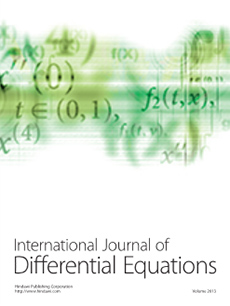Abstract
The paper is concerned with the development and numerical analysis of mathematical models used to describe complex biological systems in the framework of Integrated Pest Management (IPM). Established in the late 1950s, IPM is a pest management paradigm that involves the combination of different pest control methods in ways that complement one another, so as to reduce excessive use of pesticides and minimize environmental impact. Since the introduction of the IPM concept, a rich set of mathematical models has emerged, and the present work discusses the development in this area in recent years. Furthermore, a comprehensive parametric study of an IPM-based impulsive control scheme is carried out via path-following techniques. The analysis addresses practical questions, such as how to determine the parameter values of the system yielding an optimal pest control, in terms of operation costs and environmental damage. The numerical study concludes with an exploration of the dynamical features of the impulsive model, which reveals the presence of codimension-1 bifurcations of limit cycles, hysteretic effects, and period-doubling cascades, which is a precursor to the onset of chaos.
Citation
Joseph Páez Chávez. Dirk Jungmann. Stefan Siegmund. "Modeling and Analysis of Integrated Pest Control Strategies via Impulsive Differential Equations." Int. J. Differ. Equ. 2017 1 - 18, 2017. https://doi.org/10.1155/2017/1820607





